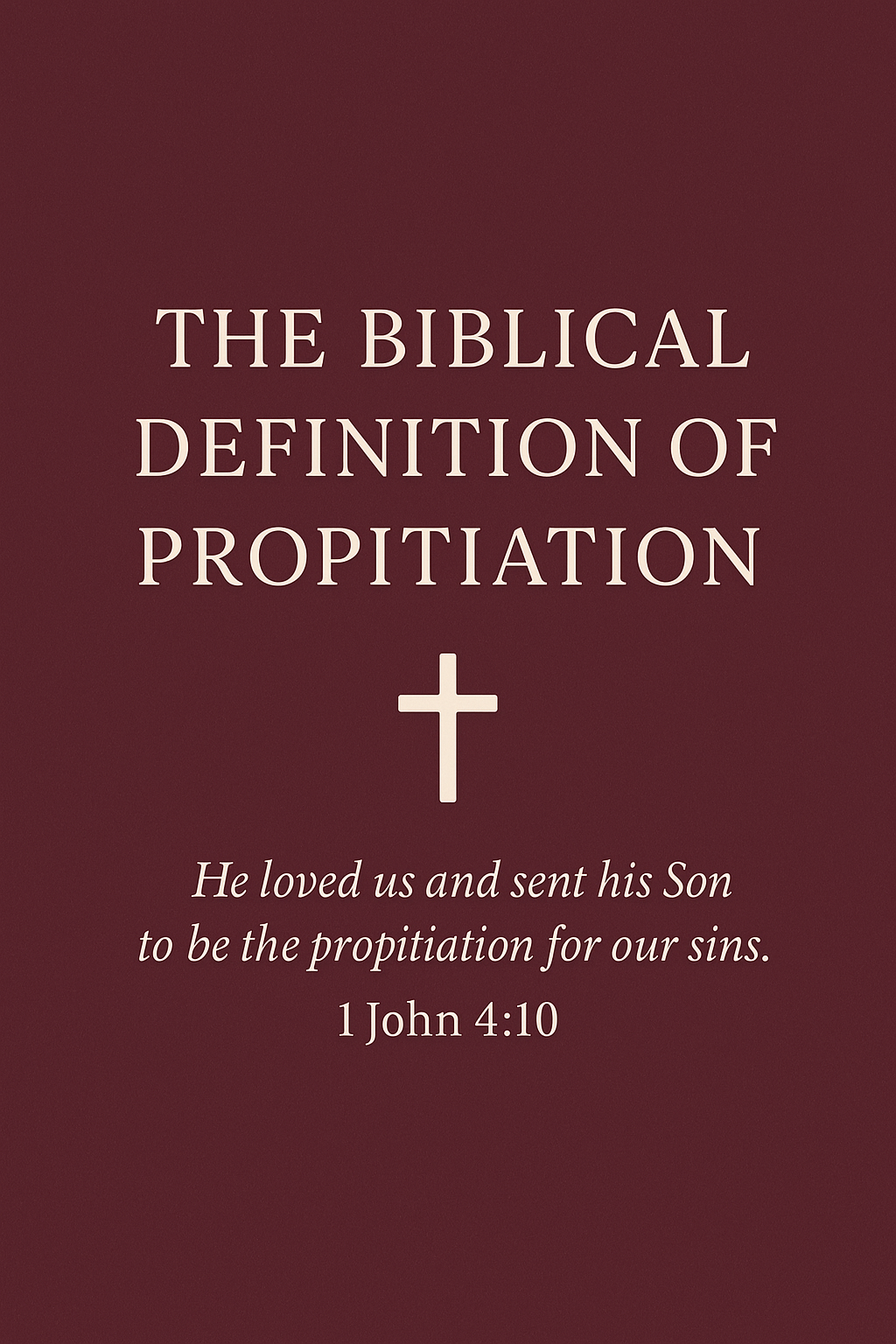Biblical Definition of Gluttony: What the Bible Says About This Sin
The biblical definition of gluttony is more nuanced than many realize, reaching far beyond the simple act of overeating. Throughout Scripture, gluttony is addressed as a heart issue—a disordered desire for food and drink that reflects a lack of self-control and misplaced priorities. Understanding gluttony from a biblical perspective requires examining key passages, historical context, and the spiritual implications of this often misunderstood sin.
What Is Gluttony? A Biblical Overview
Gluttony, in its simplest terms, is the overindulgence in food and drink to the point of excess or wastefulness24. The word itself comes from the Latin gluttire, meaning “to gulp down” or “swallow.” However, the Bible’s treatment of gluttony is not merely about eating too much; it is about allowing physical appetites to rule over spiritual priorities34.
Key Biblical Passages
Several passages in both the Old and New Testaments address gluttony directly or indirectly:
Proverbs 23:20-21:
“Do not join those who drink too much wine or gorge themselves on meat, for drunkards and gluttons become poor, and drowsiness clothes them in rags.”124Philippians 3:19:
“Their end is destruction, their god is their belly, and they glory in their shame, with minds set on earthly things.”13Ezekiel 16:49:
Gluttony is listed among the sins of Sodom: “Now this was the sin of your sister Sodom: She and her daughters were arrogant, overfed and unconcerned; they did not help the poor and needy.”14Luke 7:34:
Jesus was accused of being “a glutton and a drunkard, a friend of tax collectors and sinners.”135
These verses reveal that gluttony is not only about the quantity of food but also about the attitude of the heart—when food and drink become idols, replacing God as the object of our desire and trust37.
Gluttony in the Old Testament
The Old Testament frequently connects gluttony with other forms of excess and moral decay. For example, the downfall of Sodom is attributed in part to being “overfed and unconcerned,” indicating that an abundance of food led to complacency and neglect of the needy14.
In the wilderness, the Israelites’ craving for meat resulted in God’s judgment. Numbers 11:18-34 and Psalm 78:26-31 recount how their insatiable desire led to a plague, and the place was named “Kibroth-hattaavah”—the “Graves of Craving”1.
Proverbs repeatedly warns against associating with gluttons and drunkards, emphasizing that such lifestyles lead to poverty and ruin124.
Gluttony in the New Testament
The New Testament continues this theme, but with a greater emphasis on the spiritual dangers of gluttony. Paul warns that those “whose god is their belly” are headed for destruction because their minds are set on earthly things rather than heavenly ones (Philippians 3:19)13.
Self-control, a fruit of the Spirit (Galatians 5:22-23), is the antidote to gluttony. Paul writes, “I discipline my body and keep it under control, lest after preaching to others I myself should be disqualified” (1 Corinthians 9:27)3. This highlights the importance of mastering one’s appetites in the pursuit of godliness.
Jesus Himself was falsely accused of gluttony (Luke 7:34), demonstrating that enjoying food is not sinful in itself. The sin lies not in the enjoyment, but in the excess and the heart’s attitude toward it358.
Theological Perspectives on Gluttony
Early Church and Medieval Thought
Early Christian thinkers, such as Augustine and later Thomas Aquinas, explored gluttony as more than just overeating. Augustine argued that the problem is not food itself, but the way we seek it and the reasons behind our desire5. Aquinas defined gluttony as “an inordinate desire” for food and drink that goes beyond reasonableness and departs from goodness34.
In Roman Catholic theology, gluttony is one of the seven deadly sins, believed to spur other sins and further immoral behavior4. The virtue of temperance is seen as the remedy, encouraging moderation and self-control.
Modern Misconceptions
Contemporary Christian culture often equates gluttony with simply eating too much or enjoying rich foods, leading to unnecessary guilt and shame5. However, the biblical standard is not about counting calories or feeling guilty for enjoying a feast. Instead, it’s about whether food becomes an idol—something we turn to for comfort, security, or identity instead of God57.
What Gluttony Is—and Isn’t
Gluttony is:
Allowing food or drink to become an idol or source of ultimate satisfaction37.
Habitually indulging physical appetites at the expense of spiritual priorities36.
A lack of self-control, leading to excess and wastefulness24.
Gluttony is not:
Enjoying a good meal or celebrating with food (Jesus Himself attended feasts and was wrongly accused of gluttony)358.
Occasionally eating more than usual, such as at special occasions5.
Responding to genuine hunger or physical need5.
The Heart of the Matter: Idolatry and Self-Control
At its core, gluttony is a spiritual issue. It reveals a heart that seeks satisfaction in created things rather than the Creator. As Paul writes, “All things are lawful for me, but I will not be dominated by anything” (1 Corinthians 6:12)3. The call for Christians is to enjoy God’s good gifts—food included—with gratitude and moderation, always remembering that our deepest needs are met in Him.
Self-control is a recurring biblical theme. Believers are called to exercise discipline over all bodily appetites, not just food. This includes sexual behavior, speech, and even thought life3. The ability to say “no” to excess is a mark of spiritual maturity.
Practical Wisdom for Christians
How can Christians avoid the sin of gluttony? The answer lies not in rigid dietary rules, but in cultivating a heart of gratitude, moderation, and self-control.
Practice thankfulness: Recognize food as a good gift from God, to be enjoyed but not idolized3.
Pursue self-control: Rely on the Holy Spirit to develop discipline in all areas of life, including eating habits36.
Avoid legalism: Don’t equate gluttony with every indulgence or special occasion. The issue is the heart’s attitude, not a specific quantity of food5.
Care for others: Use your resources to bless those in need, remembering that neglecting the poor was part of Sodom’s sin14.
Guard against idolatry: Regularly examine your heart to ensure that food or any other created thing has not taken God’s rightful place37.
Conclusion: Gluttony and the Gospel
The biblical definition of gluttony is not about food alone, but about the heart’s orientation toward God and His gifts. Gluttony is a sin because it elevates physical desires above spiritual priorities, leading to self-indulgence and, ultimately, spiritual poverty. Yet the gospel offers hope: through Christ, believers can find true satisfaction and freedom from the tyranny of appetite.
As you reflect on your own habits and desires, remember that God’s grace is sufficient. He invites you to enjoy His gifts with gratitude, exercise self-control, and find your deepest fulfillment in Him alone.



















